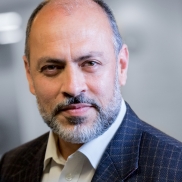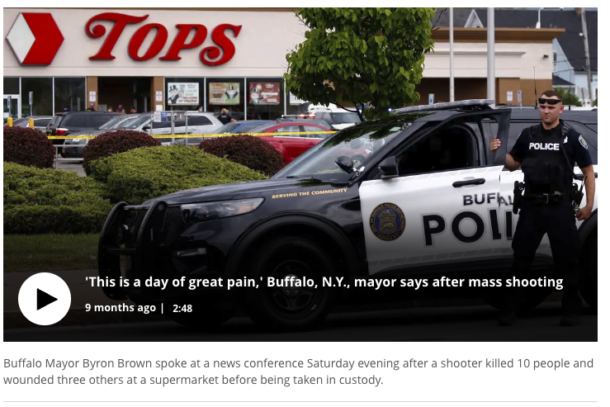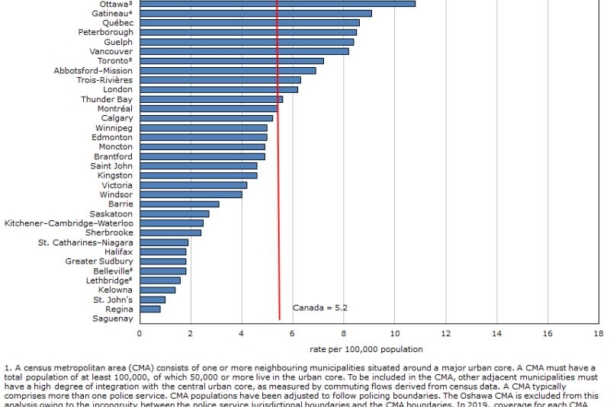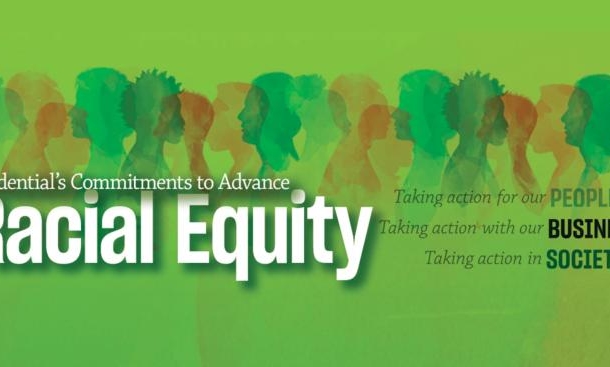Mass shooting in Buffalo, N.Y., that killed 10 a racially motivated hate crime, authorities say. “Racially motivated hate crime.” This has happened in Canada before, and it can happen again.
The privileged ones themselves must be at the forefront of promoting a powerful counter-narrative and the policy shifts necessary to overcome hate and violence and correct the racial imbalances in crime, health, wealth, education and more.
White supremacism is on the rise. Have a look at the growing network in Canada alone (https://ibb.co/9qGxcJd). The Freedom Convoy was not hijacked by a few radicals (https://lnkd.in/exef7tVx).
As Stephanie Carvin, a former national security official in Canada who now teaches at Carleton University, puts it: “This was an extremist movement that got mainstream attention.” (https://lnkd.in/eQMNUxAC)
The Federal Inquiry seems to be a wrestling match between the two political parties rather than getting to the root of the problem and putting forward concrete recommendations.
Let’s not forget that ignoring problems does not make them go away. Race-bound problems require race-conscious remedies.
We need practical solutions to our problems, legitimate grievances and misconceptions. We need to promote new ways of thinking that encourage us to both recognise differences and transcend them.
What we have learnt working with United for All partners for the past five years is that addressing racially motivated hate crimes involves taking a comprehensive approach that addresses both the immediate needs of victims and the underlying causes of hate crime. Some ways to address racially motivated hate crimes include:
- Strongly enforce hate crime laws: Ensure that law enforcement agencies and the criminal justice system are properly trained to recognize and respond to hate crimes and that perpetrators are held accountable for their actions.
- Provide support and services for victims: Provide victims with access to counselling, medical care, and other support services to help them cope with the trauma of a hate crime.
- Increase community education and awareness: Increase education and awareness about hate crimes and the harm they cause. This can be done through public education campaigns, community meetings, and other outreach efforts.
- Promote diversity and inclusion: Promote diversity and inclusion in all aspects of society. This includes encouraging people to understand and respect different cultures, religions, and lifestyles, and to reject prejudice and discrimination.
- Address the underlying issues: Address the underlying issues that contribute to hate crimes, such as poverty, unemployment, lack of education and social exclusion.
- Encourage reporting: Encourage people to report hate crimes to the police and other authorities and provide a safe and accessible way for them to do so.
- Collaborate with community organizations: Collaborate with community organizations, particularly those that work with communities of colour, to address the issue of hate crime.
- Create a zero-tolerance policy: Create a zero-tolerance policy for hate crimes within the community, schools, and workplaces and ensure that everyone is aware of it.
It’s important to note that addressing hate crimes is a complex and ongoing process that requires the commitment and collaboration of individuals, organizations, and institutions at all levels of society. It also requires ongoing monitoring of incidents and evaluating the effectiveness of implemented policies and strategies.




Comments
droversointeru
Rattling great visual appeal on this internet site, I’d value it 10 10.